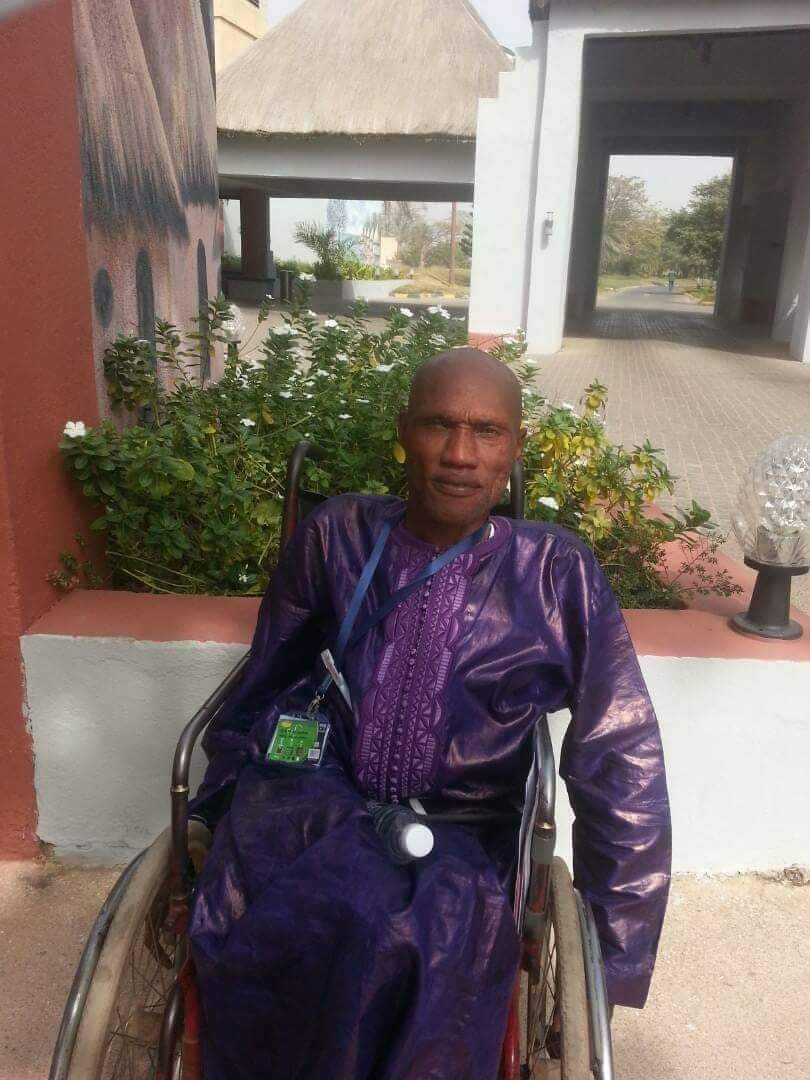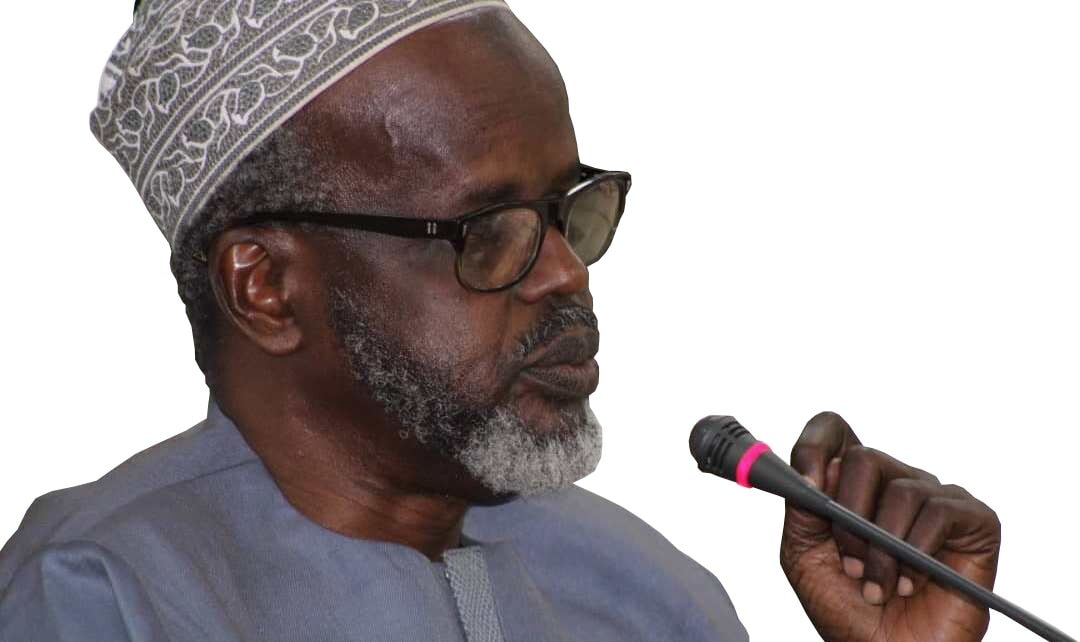By Nyima Sillah
The 9th annual ECOWAS Regional Annial Health Networks (RAHN) opened on Monday as the regional block recognized the pivotal role played by the livestock sector in ensuring food and nutrition security, creating wealth, improving the livelihoods of vulnerable households, and reducing poverty.
Dr. Vivian N.IWAR Executive Director, Ecowas Regional Animal Health, Center, Based in Mali Bamako, speaking on Mrs. Massandjé TOURE-LITSE, ECOWAS Commissioner for Economic Affairs and Agriculture recalled that in December 2007, ECOWAS established the Regional Animal Health Networks (RAHN) in collaboration with the FAP, and the Regional Veterinary Committee (RVC) to promote regional cooperation and integration.
She disclosed that these institutions facilitate the coordination of animal health efforts in the region, assess the health situation concerning cross-border animal diseases and zoonosis, share health information, enhance the technical capacities of national veterinary diagnostic laboratories, and promote regional expertise synergy.
The Theme of this year’s meeting is “promoting participatory, resilient, and sustainable livestock development in ECOWAS focus on addressing animal health concerns in the region.”
Topics underway for five days include veterinary governance, the draft strategic plan of the RAHC for 2024-2028, and regulations regarding animal welfare, veterinary medicines, and food safety.
She further stated that the establishment of the Regional Animal Health Center by the ECOWAS Authority of Heads of State has provided an agency for combating animal diseases that harm livestock farming in the ECOWAS region.
According to her, with the support of technical and financial partners, the RAHC has been able to revitalize the animal health sector in the region, adding this initiative not only improves animal health but also promotes livestock production, fights poverty, and ensures food security.
She also said the past and ongoing initiatives, along with the mobilized resources for the implementation of relevant projects/programs, have been instrumental in achieving these goals.
“The RAHC’s transformation into an ECOWAS Specialized Centre for Animal Health, as declared by the ECOWAS Heads of State and Government, provides even more assurance that the initiative will continue to have a positive impact on the region,” she noted.
“Collaboration among veterinary services, technical experts, and financial partners is crucial in the fight against animal diseases. The Regional Animal Health Centre (RAHC) plays a key role in this endeavor, as do the Regional Animal Health Networks (RAHNs) in supporting member states of the Economic Community of West African States (ECOWAS),” she urged.
She disclosed that RAHC has formulated necessary policy instruments, and supported veterinary services with necessary tools, equipment, training, and field monitoring, adding that the region is focused on the eradication of PPR, Rabies, and other priority transboundary animal diseases (TADs).





